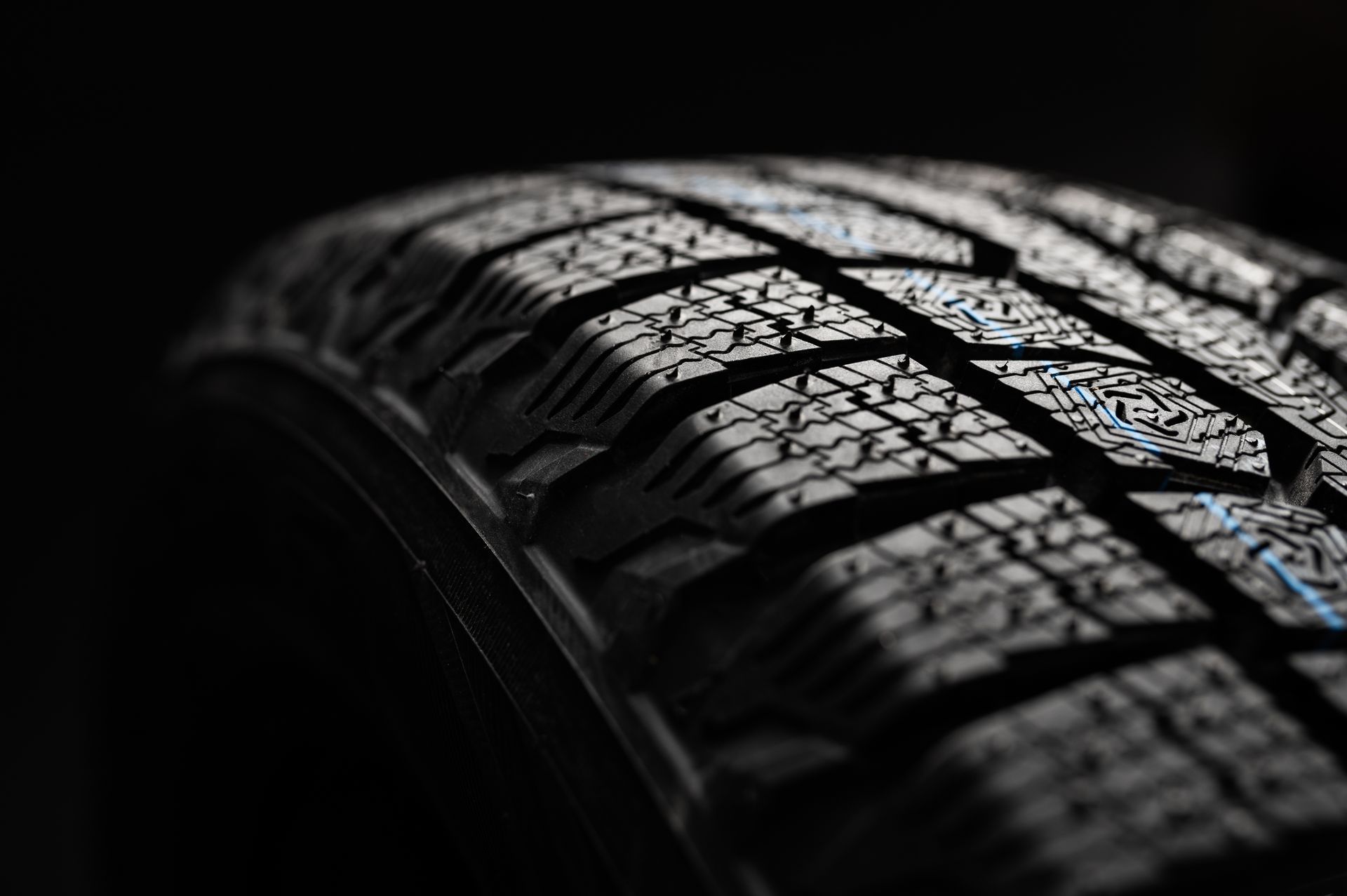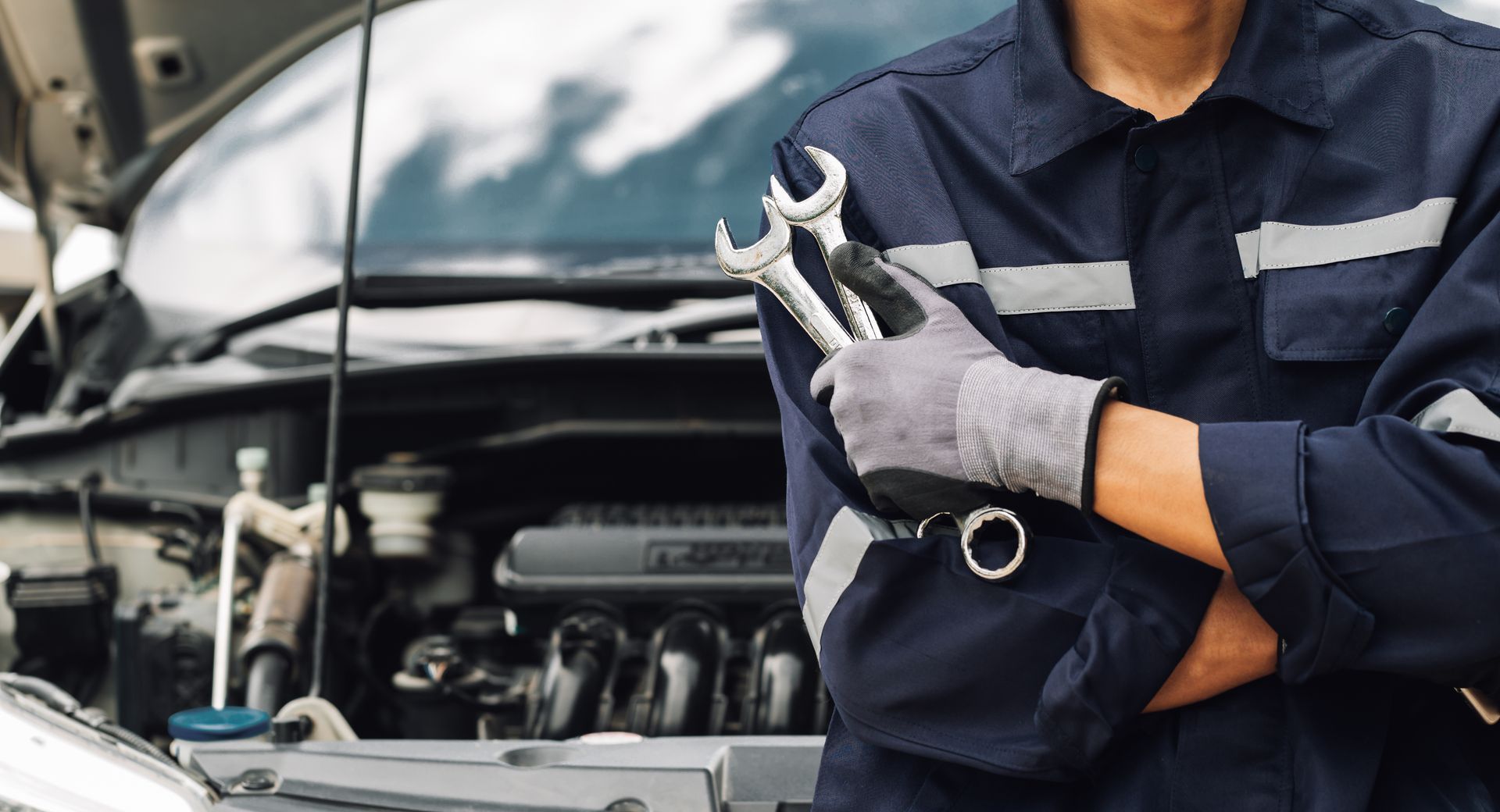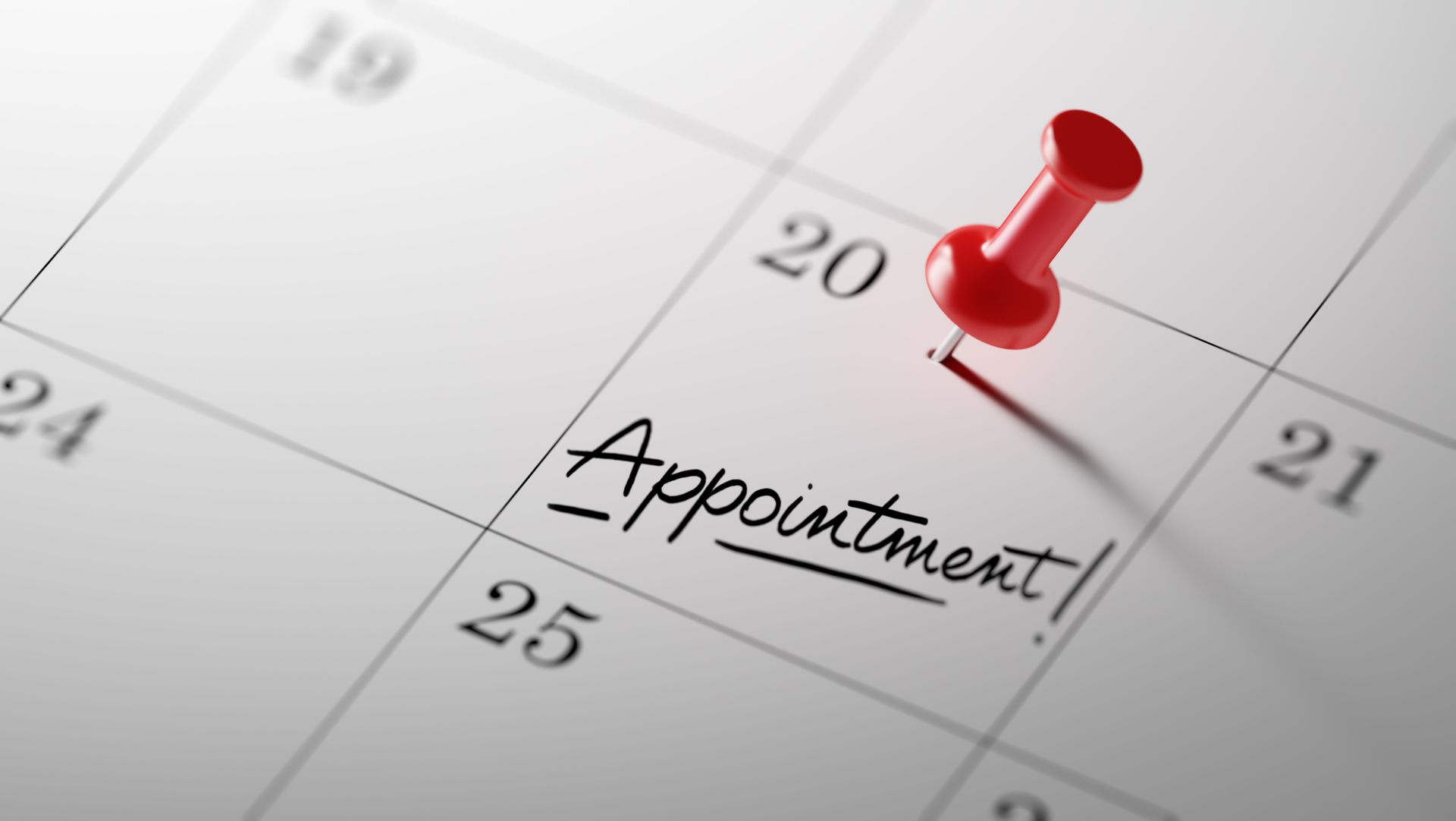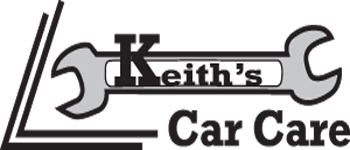Car Care Tips
At Keith's Car Care in Oswego, Illinois, our goal is for our customers to be fully educated about their vehicle and its specific car repair needs. Each vehicle and situation are different, but we want you to understand why your steering wheel shakes, why your brakes squeak, or why your car pulls to the right or left. We hope that the following pieces of information will help keep your vehicle on the road longer. If the problem is larger than what’s listed below, please reach out to us at Keith's Car Care in Oswego, Illinois. We want to be the best auto repair shop in Oswego, IL and we will earn your trust by properly diagnosing and servicing your vehicle quickly, honestly, and fairly.
Tips
Inspect your vehicle regularly
You know what your vehicle feels like. If something feels off, it probably is. Even a routine visual check will allow you to stay ahead of any issues that may arise later.
Know what each of your warning lights mean
Most vehicles will notify you if something is mechanically wrong. Familiarize yourself with your instrument panel by looking at your owner’s manual and learning about each warning light individually. It will help to know the problem if you do have to bring it in to a specialist or if you are working on it yourself.
Check drive belts
Check for signs of wear on your serpentine belt, V-belt or timing belt frequently. If these belts fail, they could possibly damage other vehicle parts leading to more repairs.
Monitor brakes
An efficient brake system means a safer car and more time on the road. As a rule of thumb, your brake system can be replaced every 2 years, but regular check-ups will help you determine if it’s necessary before then.
Make sure your oil levels are sufficient
Oil keeps your vehicle parts lubricated and if the oil level is too low or the oil is dirty, your vehicle won’t run as well. Always check your engine oil when it is cold, and make sure the engine has been turned off for more than 10 minutes.
Refill engine coolant often
Engines get very hot. Coolant helps your radiator get rid of any excess heat that builds up under the hood. If coolant levels are low, it can lead to your engine overheating. Most coolant reservoirs are clear, so you can see exactly how much you have left, so filling it back up is as easy as popping the cap off and pouring the coolant in.
Monitor fuel economy
Keep an eye on your odometer and trip readings. If it seems like you’re burning more fuel than usual, it might be time to look at reasons why. Some common reasons are extra weight in the car or sudden acceleration and braking.
Swap out engine air filters according to vehicle manufacturer’s recommendations
An engine needs fuel and air to run efficiently. If the air going into the engine is filled with dirt or debris, your engine will have to work harder. Check the engine air filter often and replace it as necessary.
Replace spark plugs
Spark plugs wear out very easily and can be covered in buildup. Check your owner’s manual for a better idea of how long yours will last.
Match gas octane level recommended by manufacturer
Check your owner’s manual and stick to their recommended gas octane level. Otherwise, you’ll be wasting a few dollars every time you go to the pump.
Learn how to correctly connect/disconnect batteries
Always disconnect the negative terminals first, then the positive. When reconnecting, it’s opposite, positive before negative.
Clean battery terminals often
Check for leakage or any mineral build up around terminals. Use a battery cleaning brush to scrub away any excess.
Replace indicator bulbs
Since indicator bulbs are paramount in letting other drivers know your intentions, make sure they are working correctly and if not, replace them immediately. Most will start blinking faster than normal if they are close to burning out.
Replace wiper blades
Damaged or dry wiper blades won’t be able to clean off your windshield properly when it rains or when you get mud splashed on your vehicle. In addition, they could scratch or damage the windshield leading to more damage.
Replace cabin air filter
Conventional wisdom says to change your filters every year or 12,000 miles. Nobody likes to breathe in unhealthy air and having a new air filter will get that “new car smell” back in no time.
